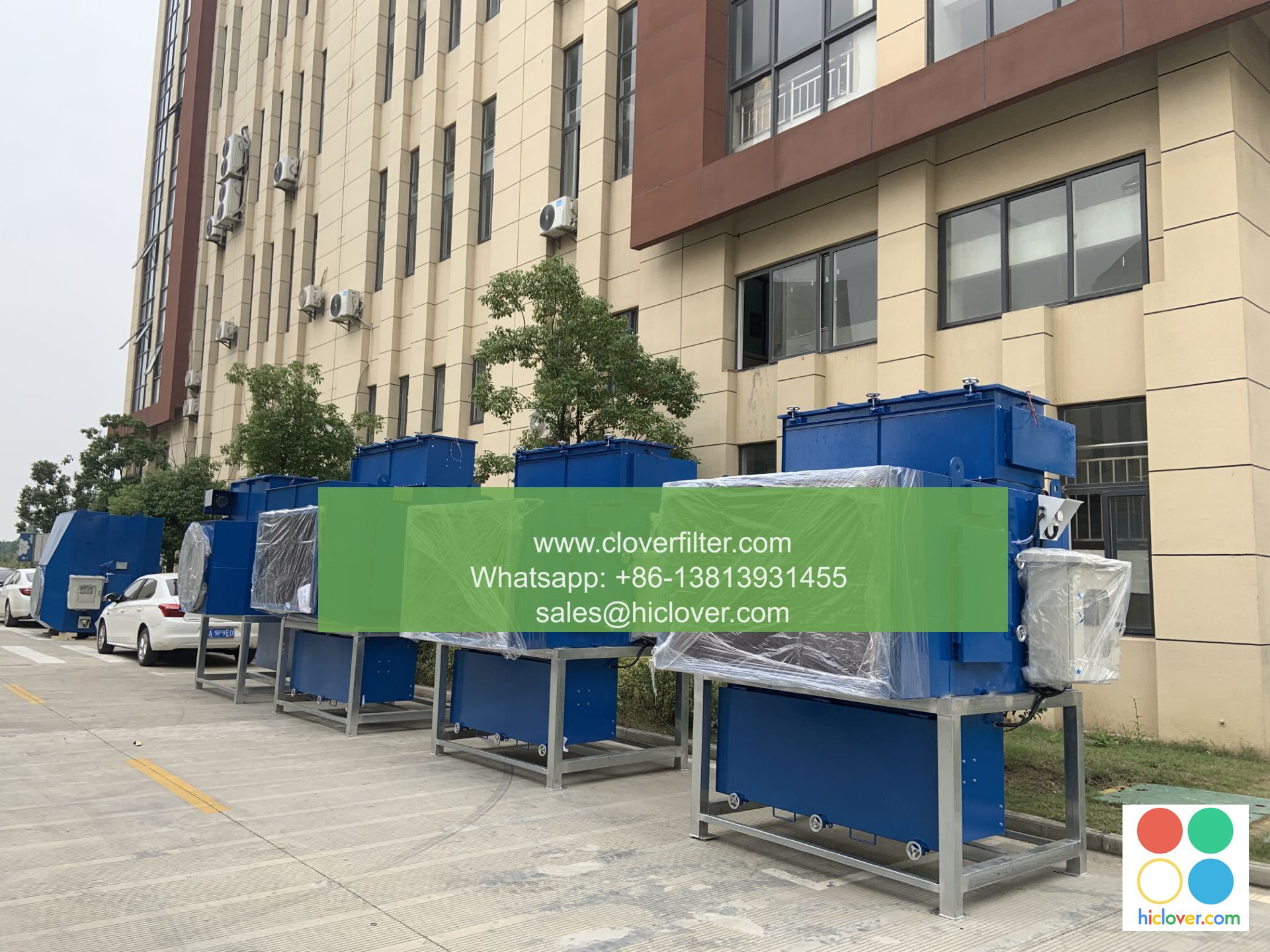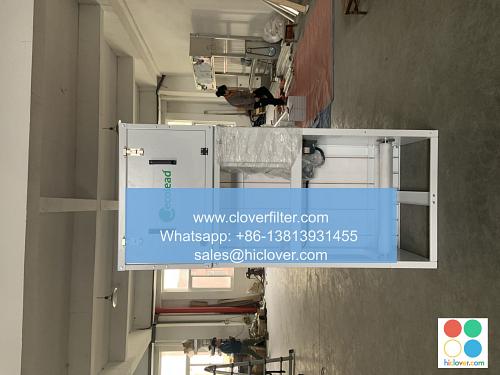The Role of Air Filters in Indoor Air Quality

Indoor air quality (IAQ) has become a major concern in recent years, and air filtration systems play a critical role in maintaining a healthy and clean indoor environment. The primary function of air filters is to remove airborne pollutants, such as particulate matter (PM), volatile organic compounds (VOCs), and microorganisms, from the air, thus improving the overall indoor air quality.
Types of Air Filters
There are several types of air filters available, each with its unique characteristics and applications. Some of the most common types of air filters include:
* HEPA filters: HighEfficiency Particulate Air (HEPA) filters are designed to capture 99.97% of particles as small as 0.3 microns, making them ideal for hospitals, laboratories, and other cleanroom applications.
* Activated carbon filters: These filters are effective in removing gases and odors from the air, making them suitable for kitchen and bathroom applications.
* Electrostatic filters: These filters use electrostatic charges to attract and trap particles, making them a popular choice for home and commercial applications.
Applications of Air Filters
Air filters have a wide range of applications across various industries and sectors, including:
* Residential applications: Air filters are used in home air purifiers and HVAC systems to improve indoor air quality and reduce allergy symptoms.
* Commercial applications: Air filters are used in office buildings, hospitals, and shopping malls to maintain a healthy indoor environment and reduce sick building syndrome.
* Industrial applications: Air filters are used in manufacturing facilities and warehouses to remove hazardous particles and gases from the air, thus reducing the risk of occupational diseases.
* Transportation applications: Air filters are used in vehicles and aircraft to improve in-cabin air quality and reduce driver fatigue.
Benefits of Air Filters
The use of air filters can have numerous health benefits, including:
* Reduced allergy symptoms: By removing allergens and particles from the air, air filters can help reduce allergy symptoms such as congestion and sneezing.
* Improved respiratory health: By removing particulate matter and gases from the air, air filters can help reduce the risk of respiratory diseases such as asthma and COPD.
* Increased energy efficiency: By reducing the amount of particulate matter and gases in the air, air filters can help reduce the energy consumption of HVAC systems and air purifiers.
Conclusion
In conclusion, air filters play a critical role in maintaining a healthy and clean indoor environment. By removing airborne pollutants and particulate matter from the air, air filters can help improve indoor air quality and reduce the risk of respiratory diseases. With their wide range of applications across various industries and sectors, air filters are an essential component of any indoor air quality management system. By choosing the right type of air filter for your specific needs, you can help create a healthy and comfortable indoor environment for yourself and others. It looks like you started to give me a prompt, but it got cut off! Please go ahead and finish your thought, and I’ll do my best to help. What’s on your mind?

